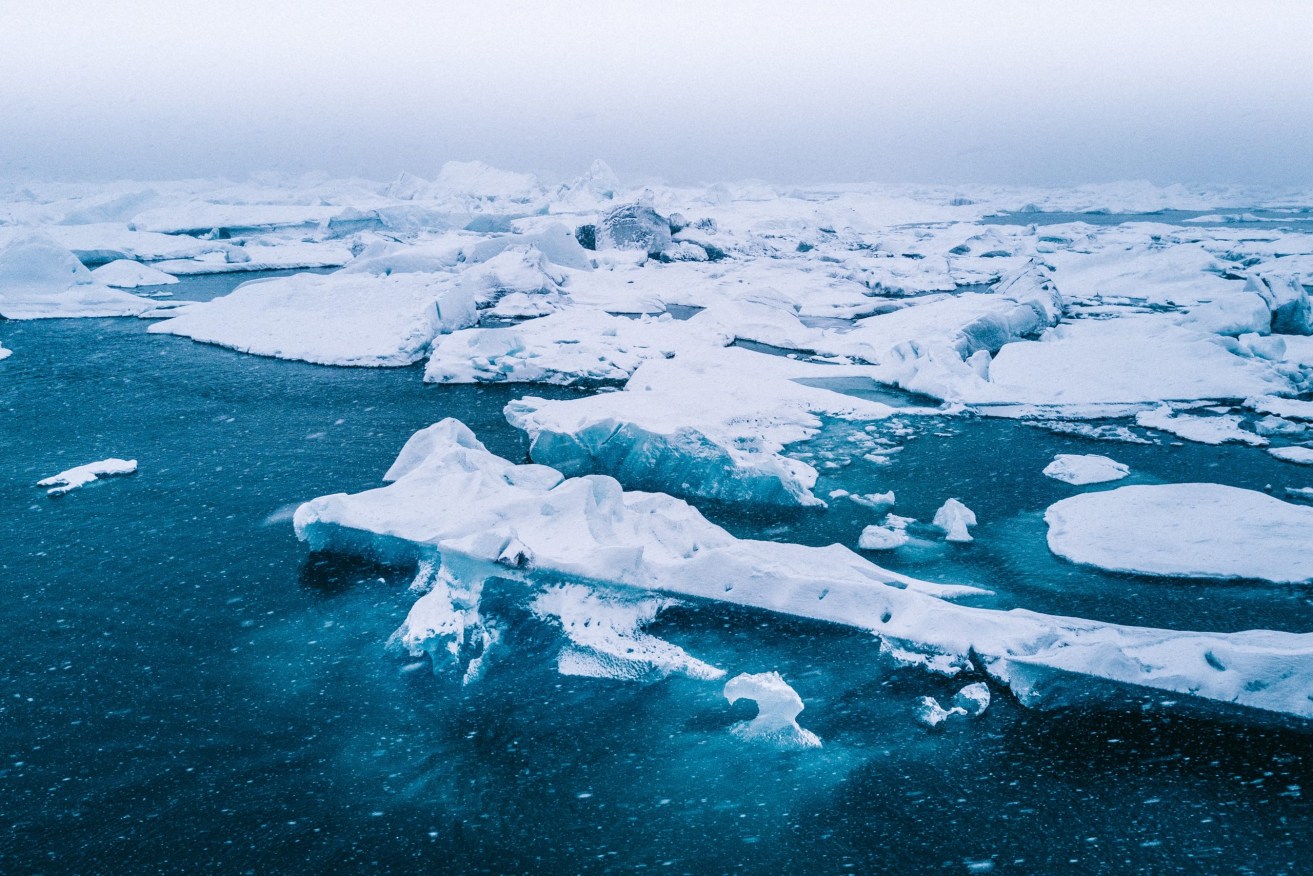Warm Arctic temperatures drive 2020 to equal world’s hottest year on record
Thinning Arctic ice, more storms in the North Atlantic and record heat across Australia during La Niña during 2020 were some of the trademarks of the world’s equal-hottest year on record, experts have warned.

Warmer Arctic weather contributing to 2020 equalling the hottest year on record. (Photo: Willian Justen de Vasconcellos/Unsplash)
The European Union’s Copernicus Climate Change Service said the past six years have been the world’s hottest years on record, and last year equalled 2016.
Copernicus Climate Change Service director Carlo Buontempo called for climate policy action while releasing the service’s report last weekend.
“It is no surprise that the last decade was the warmest on record, and is yet another reminder of the urgency of ambitious emissions reductions to prevent adverse climate impacts in the future,” he said.
Globally, 2020 was 0.6 degrees Celsius warmer than the standard 1981-2010 reference period and about 1.25C above the 1850-1900 pre-industrial period.
Danish Meteorological Institute climatologist Martin Stendel said 2020’s warmth was mainly related to the Arctic.
“We have had extremely warm temperatures most of the year in the Russian Arctic, in particular, in northern Siberia,” Stendel said.
“The ice there has disappeared in regions where normally it should not disappear.”
Record melting of sea ice in 2020 amplified already high Arctic temperatures, which in turn will lead to thinner ice in 2021.
“So it’s actually having also an effect into the future,” Stendel said.
The record temperatures this year occurred despite the cooling effect of La Niña, according to climatologist Sarah Perkins-Kirkpatrick, from the University of New South Wales.
“2016’s record temperatures were actually off the back of an El Niño year, and that’s when we typically expect to see hotter than average temperatures,” she said.
Perkins-Kirkpatrick said towards the end of 2020 a La Niña developed when temperatures would typically be expected to be cooler than the long-term average.
“We’re now reaching a point where climate change seems to be overriding climate variability,” she said.












